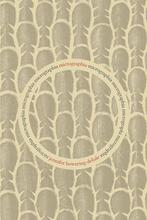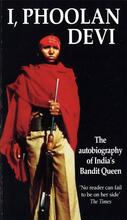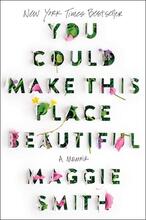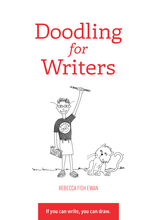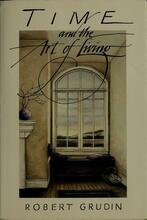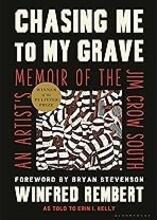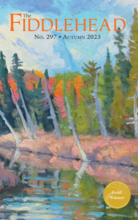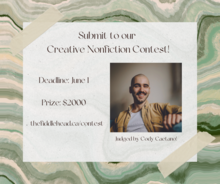Stop! Look! Listen! Sneha Madhavan-Reese's Reading Recommendation
I loved Jennifer Bowering Delisle's latest book, Micrographia, in which Delisle juxtaposes her experiences of infertility and motherhood with her own mother's declining health and medically-assisted death. These lyric essays are luminous and questioning, searching for meaning in everyday moments as well as times of intense emotion. Woven with history, etymology, mythology, medicine, and law, the ambitious structure of these essays elevates the artistry and compassion that shine through on every page.
